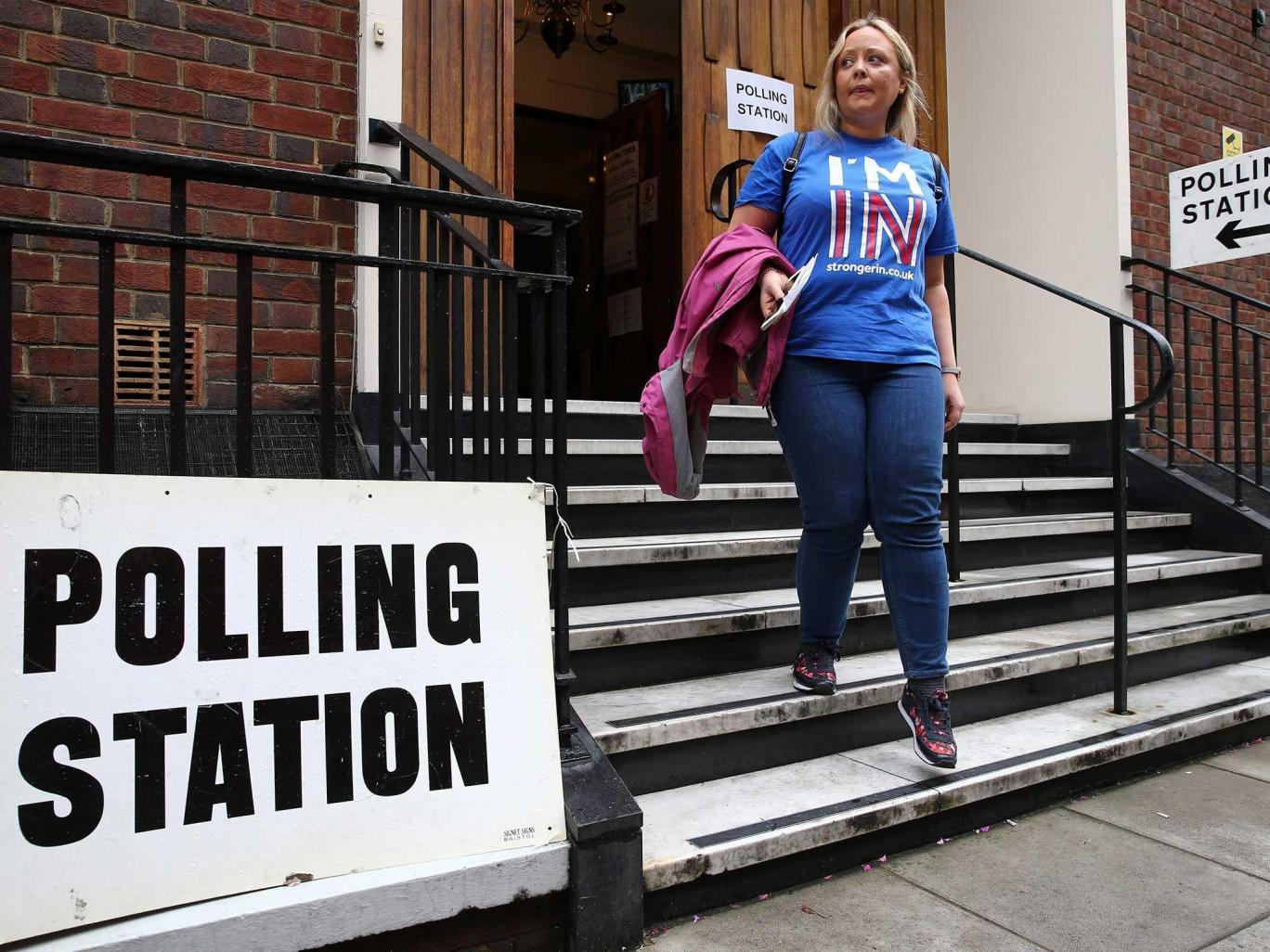Brexit: EU referendum was a 2-2 'draw' and UK exit will not happen, LSE professor says
Constitutional expert says England and Wales voting against Scotland and Ireland

Your support helps us to tell the story
From reproductive rights to climate change to Big Tech, The Independent is on the ground when the story is developing. Whether it's investigating the financials of Elon Musk's pro-Trump PAC or producing our latest documentary, 'The A Word', which shines a light on the American women fighting for reproductive rights, we know how important it is to parse out the facts from the messaging.
At such a critical moment in US history, we need reporters on the ground. Your donation allows us to keep sending journalists to speak to both sides of the story.
The Independent is trusted by Americans across the entire political spectrum. And unlike many other quality news outlets, we choose not to lock Americans out of our reporting and analysis with paywalls. We believe quality journalism should be available to everyone, paid for by those who can afford it.
Your support makes all the difference.The way the EU referendum result was split across the UK should be considered a draw, an expert on European and constitutional law has claimed.
London School of Economics' Dr Jo Murkens pointed out Scotland and Northern Ireland voted clearly to remain in the EU, while voters in England and Wales opted to leave.
He said Brexit could be therefore be avoided with willing leadership - while warning Britain's withdrawal from the EU could have devastating consequences for the country's unity.
He said he could "see no way" any Prime Minister would go through with it.
“There would be no country left if we leave the EU,” Dr Murkens told the Evening Standard. “I see no way in which the UK can leave the EU and survive.”
Brexit going ahead would therefore fragment the Union, the scholar said, which has been in existence since 1707.
He added: “There’s no political will in Scotland and Northern Ireland to remain in the UK if it leaves the EU.”
“I can see no Prime Minister who would want to preside over the break-up of the United Kingdom.”
The political will in Scotland to detach from England and become independent has been strong for a number of years.
After defeat in the 2014 Scottish referendum, the Brexit vote - which altered the political status quo and galvanised support - gave nationalists a renewed opportunity to push for independence.
Nicola Sturgeon, leader of the Scottish National Party, announced plans for another independence referendum on the same day as the EU referendum results were announced.
In Northern Ireland – a region which has achieved peace after years of bitter conflict – there were also immediate calls for reunification. Deputy First Minister Martin McGuinness, of Sinn Fein, demanded a border poll on a united Ireland.
"The people of the north of Ireland have made it clear at the polls that they wish to remain in the EU,” said Mr McGuinness.
"This decision to drag us out of the European Union against our democratically expressed wishes has nothing to do with issues around the European institutions and everything to do with the civil war within the British Tory party.”
National leadership has also been thrown into doubt since the referendum, which sparked a leadership contest in both main parties.
Some commentators have suggested Boris Johnson also came to the same conclusion as Dr Murkens, which would provide a possible explanation for his surprise withdrawal from the Conservative leadership race on Thursday.
Join our commenting forum
Join thought-provoking conversations, follow other Independent readers and see their replies
Comments